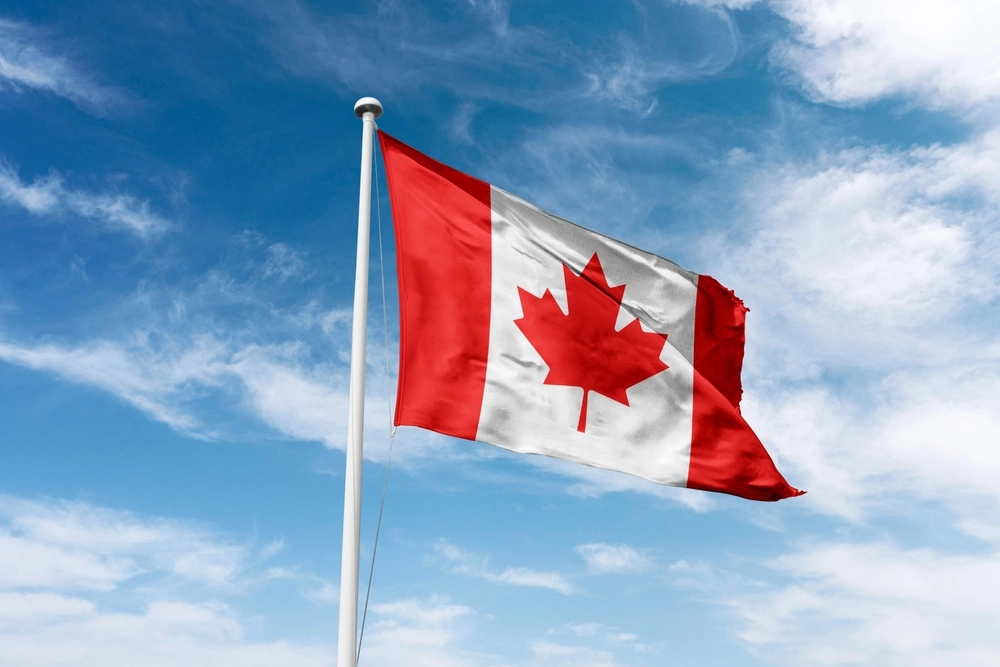
The sticky situation of pan-EU injunctions and IP proceedings pending before UK Courts at IP Completion Day

In easyGroup Ltd v Beauty Perfectionists Ltd & Ors the High Court analysed its jurisdiction to grant a pan-EU wide injunction in proceedings that were pending when the UK departed the EU on 31 December 2020 (known as IP Completion Day) but were decided after this date. Before the UK left the EU, the Courts frequently granted such pan-EU wide injunctions.
This issue recently came up in a case where we acted for the Claimant. In our case, the Defendants had failed to provide disclosure and so we asked the Court to strike out the claim, which the Court subsequently did. After filing submissions, the Judge was satisfied that a pan- EU wide injunction could be granted because proceedings started before IP Completion Day.
The case and decision
The question was posed to the High Court in the context of a dispute where the Claimant (easyGroup Limited) alleged that the Defendants (Beauty Perfectionists Limited, Beauty International Austria Limited and Julie Ann Khammo) infringed its EU trade marks ('EUTMs') through their use of "easyCOSMETICS". The Defendants applied to strike out the Claimant's claim for pan-EU injunctive relief and other EU remedies on the basis that the UK court no longer had jurisdiction to do so because the UK had left the EU. This was important to the Defendants because their business activities were focused on Germany and Austria and not in the UK.
Sir Julian Flaux, sitting as Chancellor of the High Court, conducted a detailed high-level analysis on the legislation underpinning the UK's relationship with EU law in the context of EU trade mark disputes that preceded and followed IP Completion Day. Ultimately, the Judge dismissed the Defendants’ application to strike out parts of the claim and confirmed that UK courts remained EU trade mark courts for the purpose of pending proceedings.
As such, UK courts should retain the same jurisdiction under EU Regulation 2017/1001 as they had before IP Completion Day. Therefore, following relevant ECJ case law (namely, DHL Express France SAS v Chronopost SA (C-235/09)), the sanctions imposed by such a court for IP infringement should normally consist of a prohibition extending across the entire area of the EU.
In making his finding, the Judge commented that the main paragraph of dispute, paragraph 20 of Schedule 2A of the Trade Marks Act 1994 (as inserted by the EU Regulation 2019/269) was "not a model of clear drafting". However, it nonetheless preserves the High Court's jurisdiction to grant pan-EU injunctions. Contrary to the Defendants' submissions, the contested subparagraph 20(3) does not limit the jurisdiction which is retained in pending proceedings. Rather, the Court was given a new power "to grant an injunction to prohibit unauthorised use of the comparable trade mark (EU) which derives from the existing EUTM": a power the Court had not previously had because comparable trade marks did not exist prior to IP Completion Day.
The Judge also highlighted how Explanatory Notes are an "admissible aid" to the construction of a legislative act. In relation to the content of the Explanatory Note issued by the Intellectual Property Office, to the extent that the Explanatory Memorandum of the 2019 Regulation states that the jurisdiction is limited to comparable trade marks (EU) only, the Judge said that Memorandum was "simply wrong and should be disregarded … [and] should be approached with caution".
This case draws light to some of the ambiguities surrounding the current legislation underpinning the UK's relationship with EU law. It highlights the complexity of the legislation surrounding the UK's exit from the EU and the importance of ensuring legislation (and, by effect, legal arguments) are concise and coherently drafted. Its analytical focus on the remit of relevant EU Regulations and the extent of the UK court's jurisdiction in granting pan-EU injunctions is useful to bear in mind when considering remedies available in proceedings that began before 1 January 2021. That said, this decision seems logical given that proceedings were issued before IP Completion Day.
Our takeaway
Chandni Jobanputra, Associate, said: "This case only has a narrow application to anyone that issued proceedings before the UK exited the EU. It would be advisable to check that any proceedings issued before this date included a request for EU-wide relief. Following Brexit, for any proceedings issued in the UK, the UK Court will only be able to grant relief in the UK and EU Courts will only be able to grant relief in the EU. So, if the UK is an important jurisdiction, proceedings will need to be issued here."












